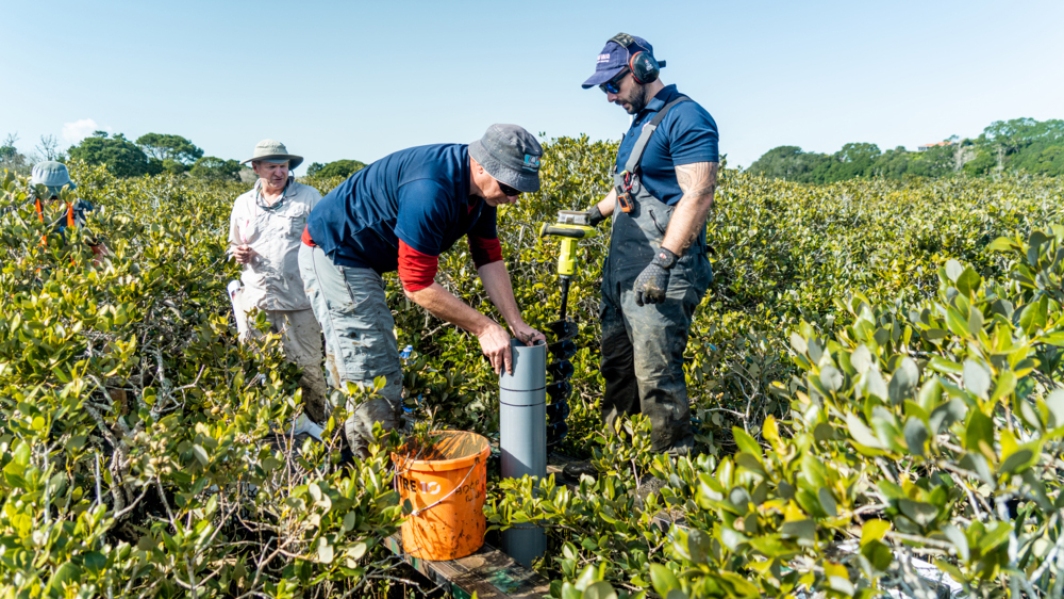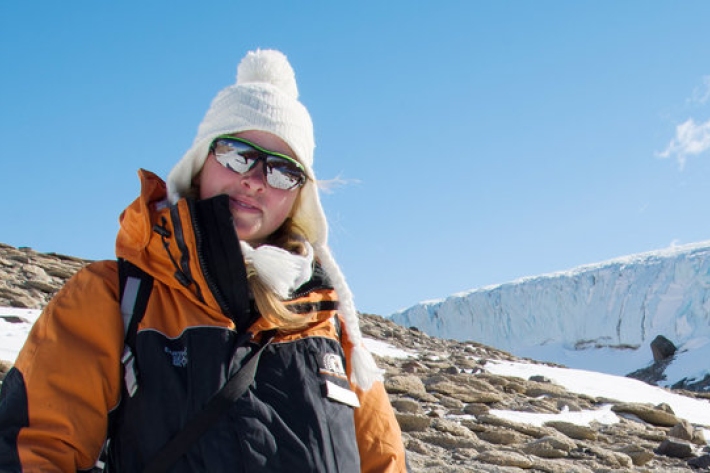-

Scientists investigate tsunami potential in Kaikoura Canyon
News article19 February 2014Scientists will be working off the east coast of the South Island next week investigating the potential for a landslide tsunami in the head of the Kaikoura Canyon. -

New seamount research to improve fisheries management
NIWA's research vessel Tangaroa left Wellington on 4 February to survey the seafloor environment of the Louisville Seamount Chain, which are large undersea mountains east of New Zealand. -

Tangaroa voyage blog: Surveying the Louisville Seamount Chain
A series of on-board blog posts written by the NIWA scientists aboard the RV Tangaroa as it surveys the Louisville Seamount Chain, large undersea mountains east of New Zealand. -

Scientists spot rare blue whales off New Zealand coast
News article03 February 2014Sightings of the whales, the world's largest animal, are rare and they remain one of the planet's most elusive creatures. They were intensively hunted during the whaling era in the Southern Hemisphere, dramatically reducing their numbers. -

Public help sought as hammerhead shark does his bit for science
News article03 February 2014People fishing in the Bay of Islands are being asked to keep a look out for a young hammerhead shark, nicknamed Orokawa. -

NZ, Japanese scientists join forces for voyage of discovery
News article22 October 2013 -

NIWA uses virtual microscope to strengthen New Zealand’s biosecurity
News article16 September 2013



